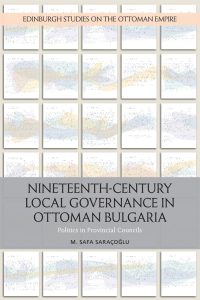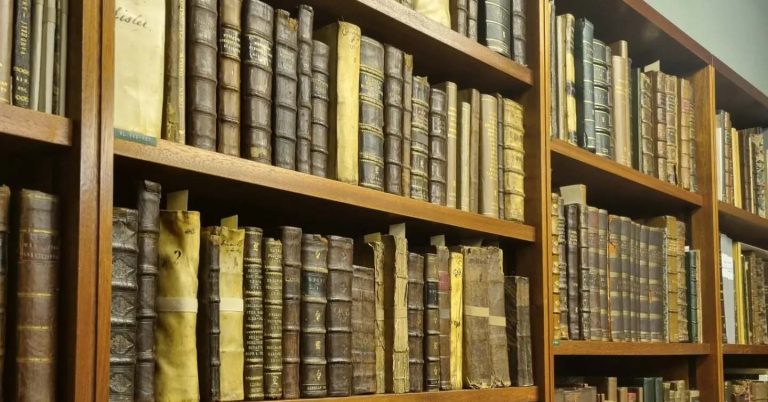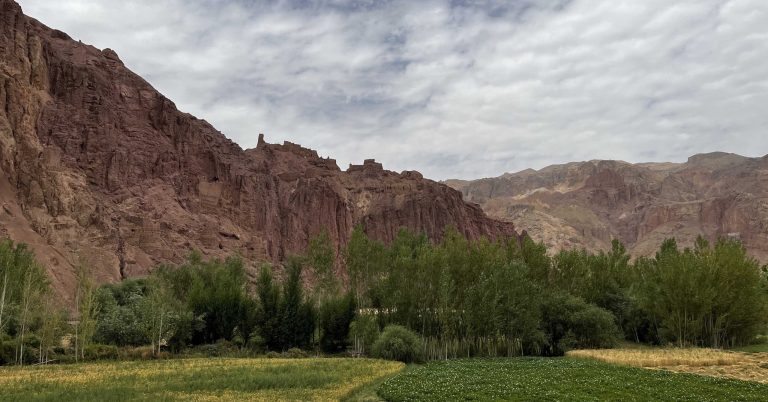
An account of how bureaucratic procedures created the space for political conflict and slander in nineteenth-century Ottoman Bulgaria and what can we learn from studying them.
Why would a district head administrator arrest mules, or someone slander a governor with sodomy? Unusual, sensational events revolving around bureaucrats and politicians are commonplace today. Who can ignore the events surrounding the careers of the late Rob Ford, mayor of Toronto, who was videoed smoking crack cocaine and discussing politics, or former New Jersey governor Chris Christie, whose alleged involvement with the infamous George Washington Bridge lane closure scandal caused significant damage to his political life?
What makes the private lives and secret negotiations of such characters a topic of interest is their political positions. Local administrative/judiciary offices and practices usually provide good settings for politics and guides for those who wish to “follow the money.” Perhaps because of this, unexpected events serve like fissures through which we get a glimpse of who is allied with who in the charged nature of local politics and its close connection with money. Evidence from provincial correspondence suggest that such scandalous actions were certainly commonplace in the nineteenth-century Ottoman Empire even if they were not as well publicized.

My recent work, Ninteenth-Century Local Governance in Ottoman Bulgaria, focuses on the history of provincial administrative and judicial structures, and their associated practices in Ottoman-ruled Bulgaria in the second half of the nineteenth century. I explain how Ottoman provinces functioned in the 19th century, by examining structures (rules and offices) and practices associated with local administration and judiciary—with a few odd stories of arrested livestock, drunken officials, accusations about untrue acts and petitions from fake identities.
I am interested in this topic because we still do not know much about the routine laws and boring praxes that constitute provincial governance in this important empire. Our limited knowledge about Ottoman provincial politics is a result of the fact that much of the provincial document collections have been difficult to locate. Yet the 19th century is a period of global significance in modern state formation. Historians of other empires point out how such administrative and legal transformations across the world had an impact on provincial lives. Provincial councils and courtrooms became essential spaces for politics, securing local inhabitants’ involvement to imperial governance—even if it took the form of scandalous events at times. Provincial documents from Bulgarian archives can capture the dynamics of local politics better than isolated documents collected from imperial archives can. By reading these continuous documents against the imperial record, we get a more systematic and comprehensive study of the connection between imperially-designed institutions and local politics in the Ottoman Empire.
A better understanding of provincial politics and its connection with economics in one of the greatest Muslim empires of the 19th century informs us about the relationship between the role Islamic law played in day-to-day functioning of this empire in its provinces. We see the changing role of the Shari’ courts as they become less significant in face of a provincial reorganization that brought more of the local notables into Ottoman governance. Among other things, such an analysis also reveals how the regulations and procedures associated with Ottoman provincial administration matched with the basic principles of economic-liberalism, underscoring the connection between governance and the evolution of market economy dynamics.

M. Safa Saracoglu is a Professor of History at Bloomsburg University of Pennsylvania. He is co-editor (with Kent F. Schull) of Law and Legality in the Ottoman Empire and Republic of Turkey (2016) and the founding editor of the Collaborative Research Initiative in Ottoman Sociolegal Studies (CRIOS), an open-access database dedicated to exploring the nineteenth-century Ottoman legal transformation.





